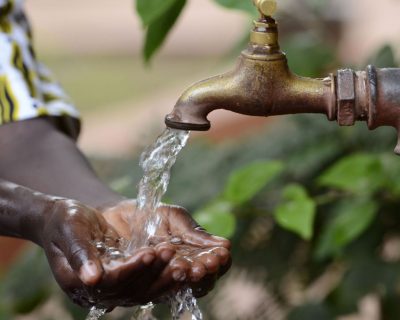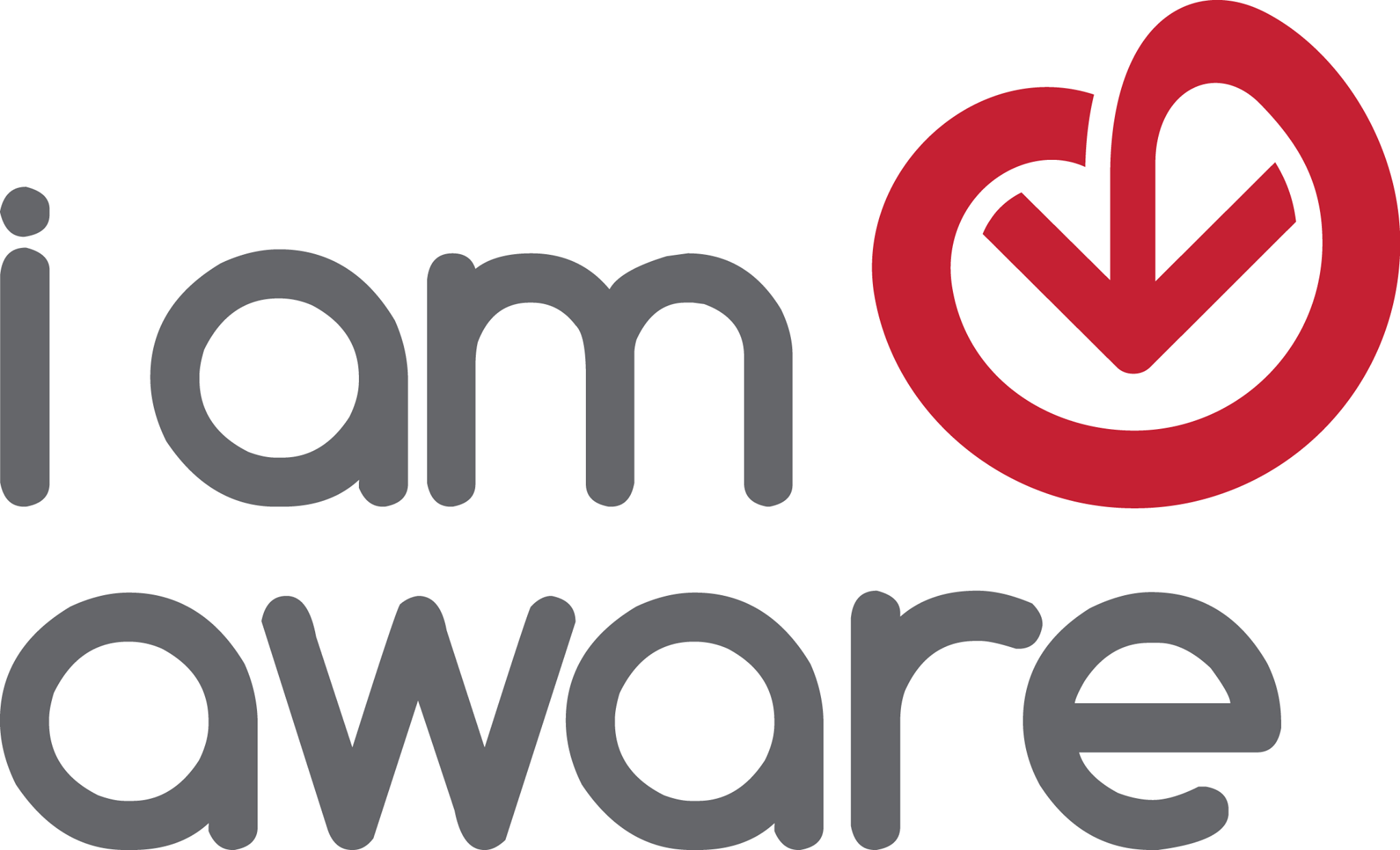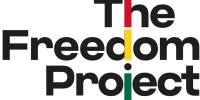Why We Collect Data on Education
Universal access and quality basic education are development goals expressed within the framework of the Millennium Development Goals (MDGs). Although there is a strong commitment on policies such as capitation grants, textbook provision, school-feeding programs, among others meant to provide and improve universal access and quality basic education in Ghana, ensuring high basic education outcomes remains a challenge.
In addition, resource disbursement, and efficiency in resource allocation and effective program implementation leading to improved outcomes in public basic education service provision are fraught with institutional challenges. Access to high quality education services and improved learning outcomes remain out of reach of the poor and vulnerable in Ghana.
In spite of a long history of policy commitment to ensuring access and improved outcomes in education services delivery, providing broad base high quality public basic education remains one of the challenges in the education sector public service delivery.

Data collected and sources
Percentage of female pupils in public basic schools
Percentage of public basic schools with toilets
Percentage of public basic schools with drinking water
Percentage of trained public basic teachers
Percentage of pupils completing public basic schools
Percentage net enrolment rate in public basic schools
Percentage of students repeating a year in public basic schools
Number of textbooks per pupil in public basic schools
Number of seating places per pupil in public basic schools
Number of writing places per pupil in public basic schools
Number of pupils per teacher in public basic schools
Pass rates for BECE students in public basic schools
School to population (school children) ratio
This data is collected from the Education Management Information System [EMIS] managed by the Ghana Education Service [GES] under the Ministry of Education.














